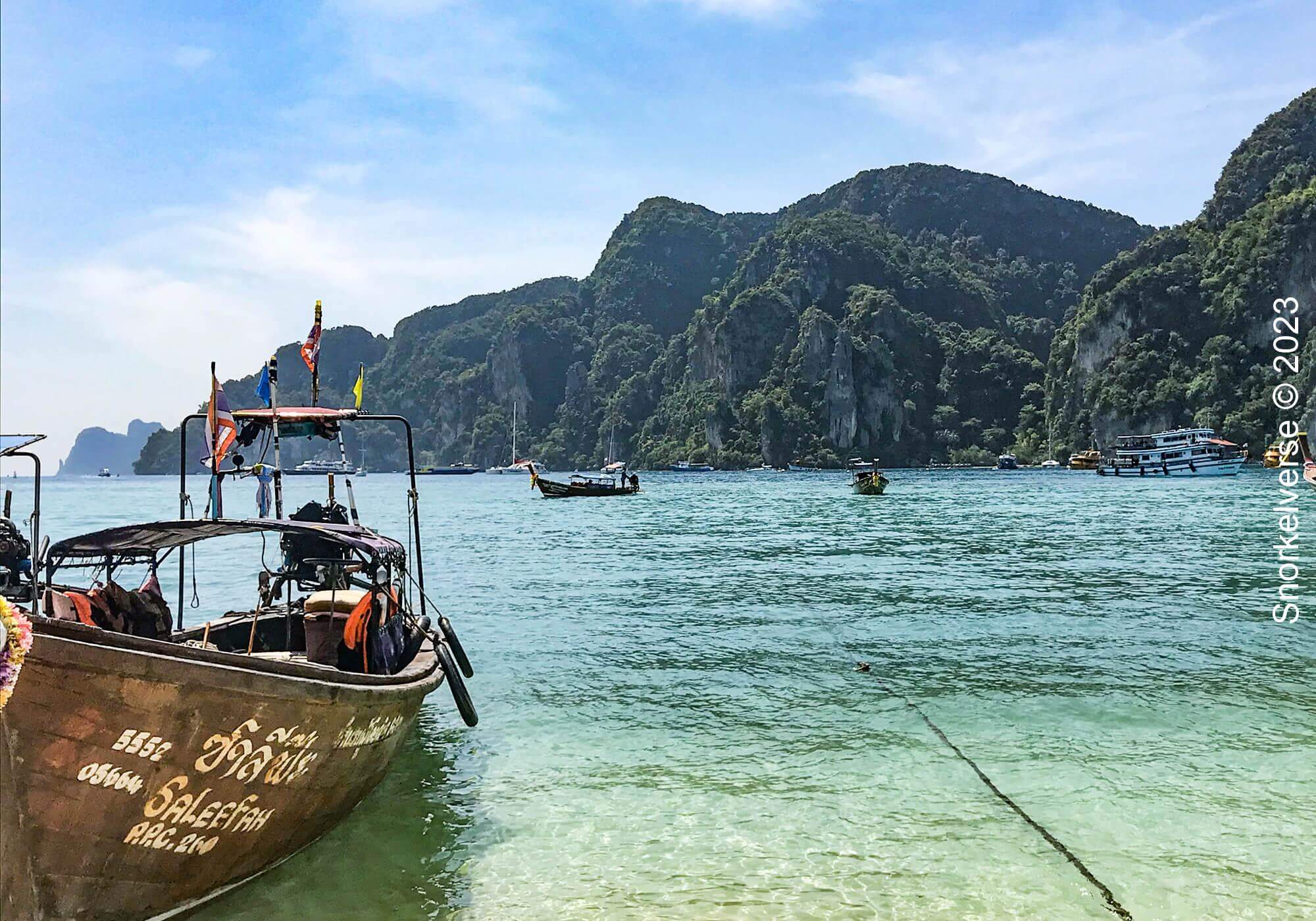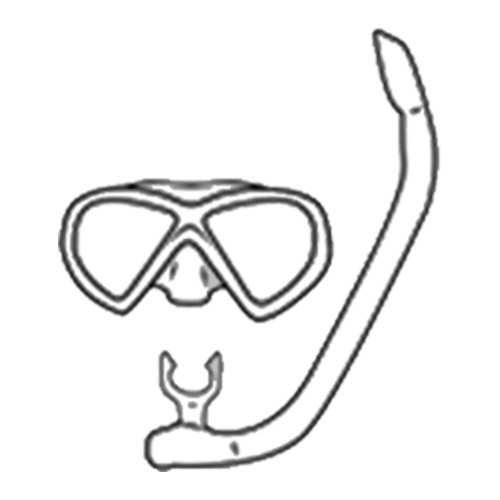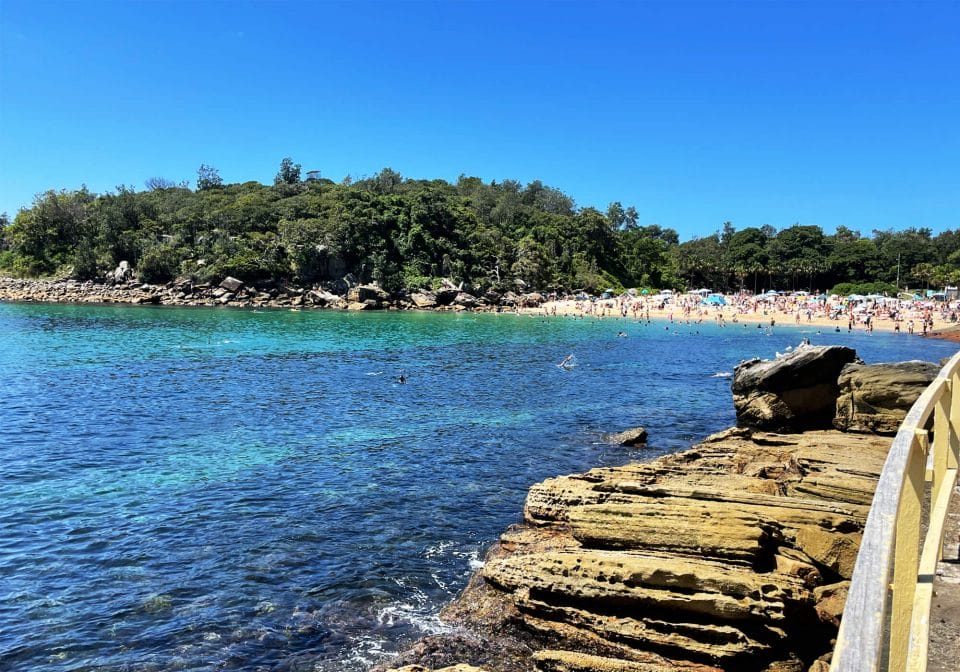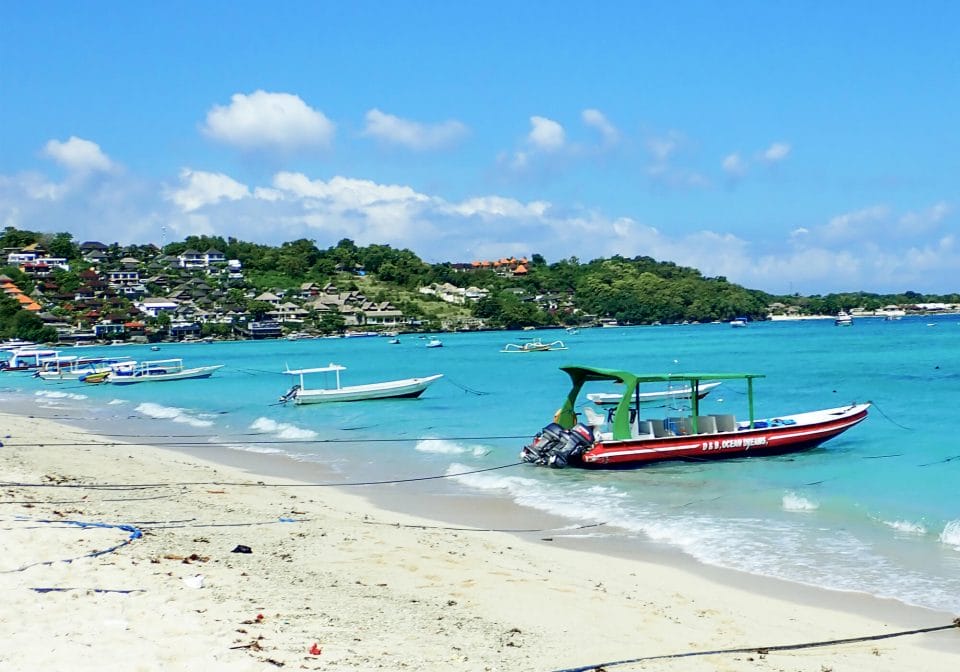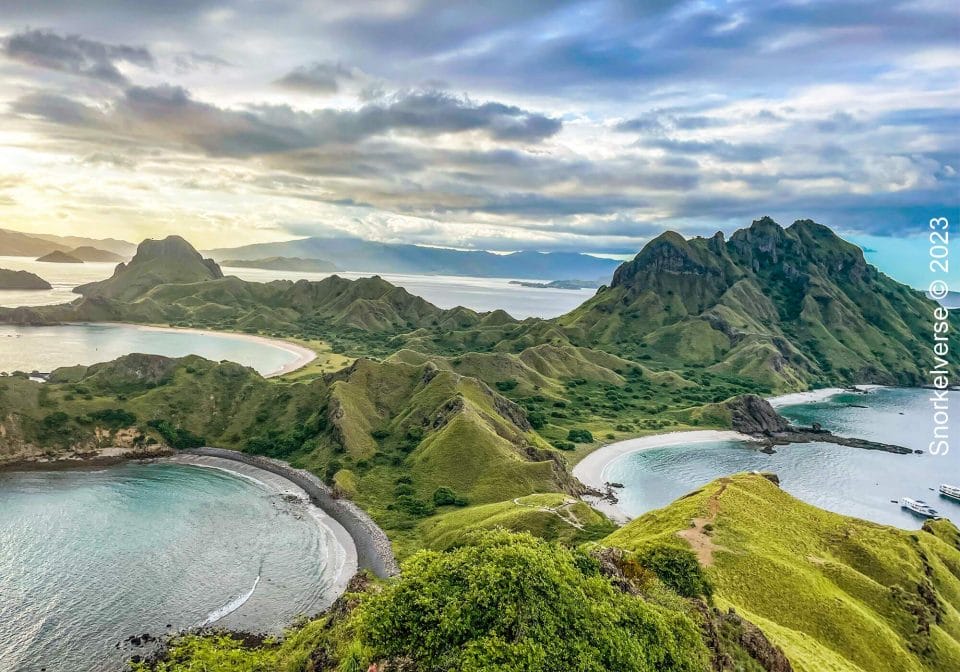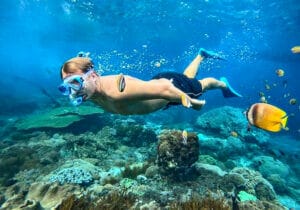
Top 10 travel tips
Travelling to locations around the world to snorkel can be expensive, mainly due to flights, accommodation, food and drink, insurance, equipment, and activities. We’ve made a list of our top 10 travel tips from our experiences to help you save money on your next trip.
1. Travel Card
I use a Starling card when travelling as it provides fantastic exchange rates and allows for a set amount withdrawal per day without a fee. We’ve had times where we’ve been charged twice or there has been a difficulty and their customer service has been very helpful. If you lose your card you can freeze your card on your account. There are alternatives like starling bank etc. Having a ‘travel’ card will save you money and reduce the need to carry around money which improves safety.
2. Individual Flights
Flights are going to be one of, if not the biggest cost when travelling. We try yo limit our carbon footprint with flights. There are little hacks to reduce the prices, but this can compromise flight-time. For example, recently we flew back from Dubai to London. Direct flights were approximately $550.
We managed to halve the cost by booking separate flights and flying through Bucharest. It does take more planning and is more effort, but if you’re in a budget can save you money.
3. Food Prep
Food can be expensive in certain countries and relatively cheap other places. This applies to where it is an expense. Prepping food can save you money and reduce the need to eat take aways or eat in restaurants.
When travelling both the West coast of the US and Eastern Australia food was a cost, we would go to the local supermarket and buy produce such as bakery items, vegetables and packs chicken to make our own packed meals. This can save time and money.
4. Public Transport
Travelling around a city, country or continent can add up, especially is you’re paying for taxi’s. Before you travel, check public transport links from the airport, if there’s a local taxi app (that’s safe) and whether there is a coach service. For example when in Oslo, Norway, which is typically a pretty expensive country to a tourist the train from the airport to Oslo city centre was approximately $25 return.
5. Ask Help Desk
We’ve all been there, you’ve just arrived to the airport after a long flight and all you want to do is get to the hotel/hostel. Sometimes your options are limited and you have to get a taxi. Not knowing the local currency and prices you can pay over the odds to get to your location as you have little choices.
What we would recommend is to ask the Airport Help desk how much approximately you should pay to get to your hotel/hostel. It doesn’t work every time as taxi’s have meters or set rates. But in our opinion is best practice to ensure you’re not paying over the odds and gives you a stronger negotiating position if needed.
6. Mobile Provider
Certain mobile providers include the use of data in certain countries around the world. This can save you money when travelling and reduce the need to buy a sim card. Double check with your mobile provider if it is included as prices can be extortionate if you aren’t able to use data abroad within your plan. Wifi at chain fast food restaurants and coffee shops can be a great back up if needed.
7. Get Multiple Tour Quotes
When you are in the process of booking an organised trip or excursion, there are normally a lot of different options. When you arrive to towns, cities, airports, hotels, hostels there are normally a lot of different tour guides trying to sell their tour. This can be a bit overwhelming.
Don’t take the first tour someone tries to sell you as you don’t have nay other tours to compare it with. Also check to see if the tour is on tripadvisor and has a website and is legit. We personally book through a trusted website as oppose to through someone as it gives you more confidence.
8. Portable Charger
While travelling you will likely have your gadgets such as a phone, headphones etc. If you’re on the move or travelling by air or train you don’t always know when the next available charging port is. Keeping a portable charger can be a blessing.
9. Travel Insurance
This is essential for your health and safety when travelling. Routine hospital visits to more serious emergencies can be very costly abroad, cover yourself with travel insurance which can be as little as $5.00-$20.00.
10. Check Review Websites
There are normally loads of choice for planned excursions and trips. It is important to do your research before booking onto a trip, check review websites such as tripadvisor to get feedback from other customers.
This will give you a good indication of the quality of service, safety and also bring up some questions. Check how many reviews and the star rating to give you a good indication. We would normally check the minus stars to see if there was anything that specifically stands out, especially if it is a safety concern. If it’s a cheaper tour and it seems too good to be true, it probably is.

Frequently Asked Questions
We would normally book our flights through Skyscanner, or Google Flights, and then either through the airline or a well known provider. We’d avoid an unknown provider even if it is slightly cheaper, as it is a risk.
Depends on the trip, the location, whether it is a budget hostel trip or a hotel/AirBnB trip. We would normally book through either hotels.com, booking.com, or Agoda for hotels, as they either provide reward nights or if your book frequently give you good rates. For hostels, we would normally book via Hostelworld. Another choice is AirBnb, in certain scenarios can work well if travelling in a group. Be sure to check walking distance to city centre, to train stations, as location is very important when choosing.
We use Monzo or Starling, as you can sign up online, get a card sent to you, app based banking, split bills with others, freeze your card if lost and its customer service has served us well. There are other options which we haven’t used such as Chase etc.
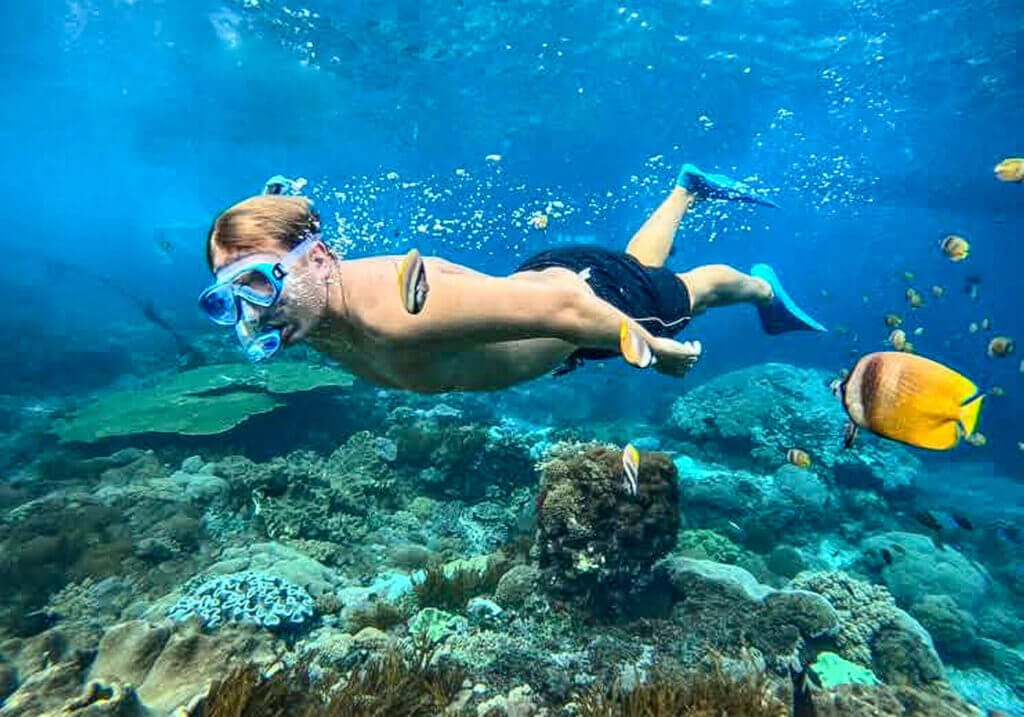
Luke
FOUNDER
Luke is a passionate snorkeler who started Snorkelverse to live his dream of combining his passions for snorkeling, marine life, protecting marine ecosystems, and helping others.
Essential travel gadgets


